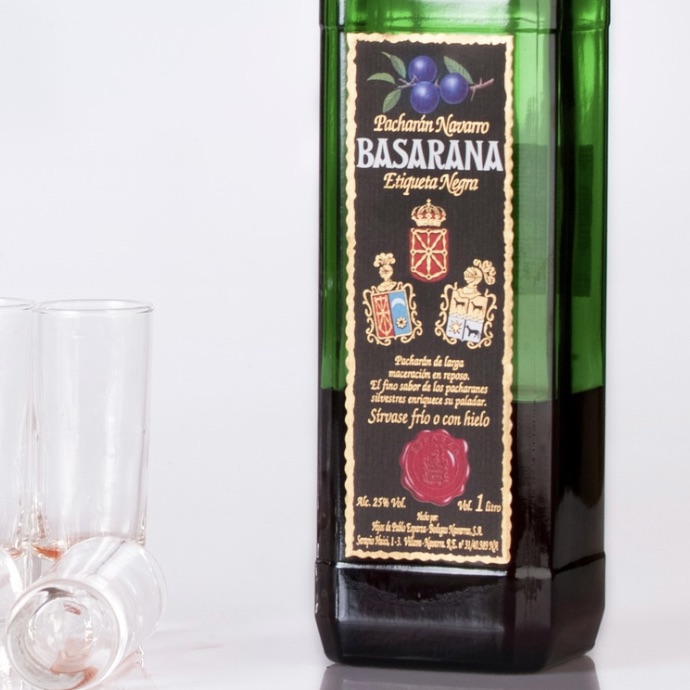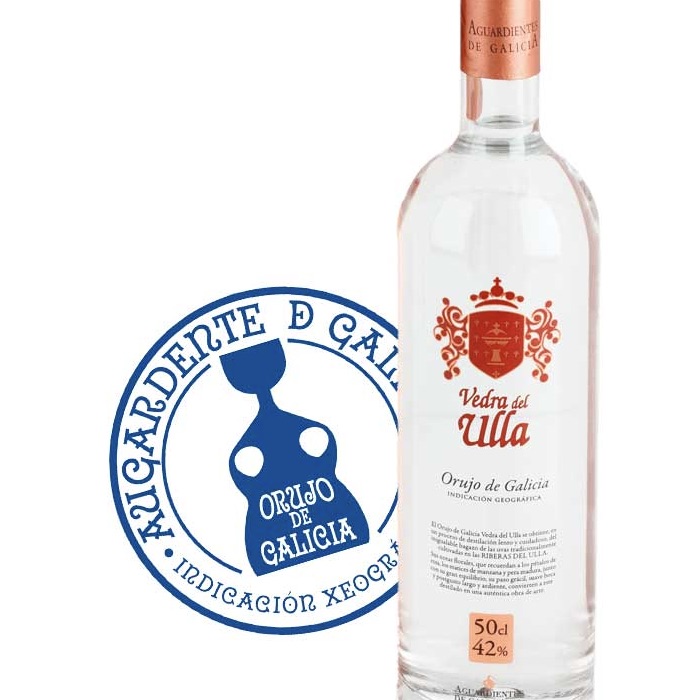.png.transform/rendition-xs/image_image%20(1).png)
Pacharán Navarro Basarana Etiqueta Negra and Aguardiente Vedra do Ulla Receive Best Spirit with PGI 2024 Award
The companies that produce the winning spirits were recognized for using traditional ingredients, having local ties, and investing in R&D
Congratulations are in order for Pacharán Navarro Basarana Etiqueta Negra, produced by Hijos de Pablo Esparza - Bodegas Navarras, and Aguardiente Vedra do Ulla, made by Aguardientes de Galicia. These two spirits have received the Premio Alimentos de España Award for the Best Spirits with Geographical Indication for 2024. This prestigious distinction was handed down by the Spanish Ministry of Agriculture, Fisheries, and Food.
Pacharán Navarro Basarana Etiqueta Negra is a 25º proof, ruby-red pacharán with a velvety taste. It was selected for the company’s family-run tradition, its commitment to innovation and sustainability, and the responsible consumption programs it organizes jointly with universities.
Aguardiente Vedra do Ulla is a premium beverage that is carefully distilled from grape bagasse from the Ulla River. The nose reveals floral notes and ripe fruit, and on the palate, it’s smooth with a long aftertaste. It was distinguished for its ties to the local community, use of traditional ingredients, investment in R&D, and commitment to marketing and exports.

Origin, exports and production
The production of both of these very spirits is a longstanding tradition, and their consumption is closely tied to the regions where they’re made, Navarre in the case of pacharán and Galicia in the case of aguardiente, respectively, although they are popular all over Spain.
Pacharán is mainly produced for domestic consumption, although a very small amount is exported, to France, Andorra, the US, Singapore, and Australia. The figures for aguardiente are similar; it’s mainly consumed in Spain, although a very small amount is exported, mainly to Norway and in smaller amounts to Taiwan, Singapore, the US, and Australia.

Aguardiente is obtained by distilling fermented agricultural materials such as cereals, grapes, wine, sultanas, pomace, etc., to which no flavoring or alcohol may be added. Pacharán is prepared by soaking sloe fruit, coffee beans, and a cinnamon stick soaked in anisette in ethyl alcohol, for between one and eight months. The result is a sweet, red-brown liquor.
The evaluation in this category included a close-up look at the companies that produce these premium beverages, in particular their track records in terms of innovation, sales, sustainability, and rural development. Two spirits that are worth a try!
